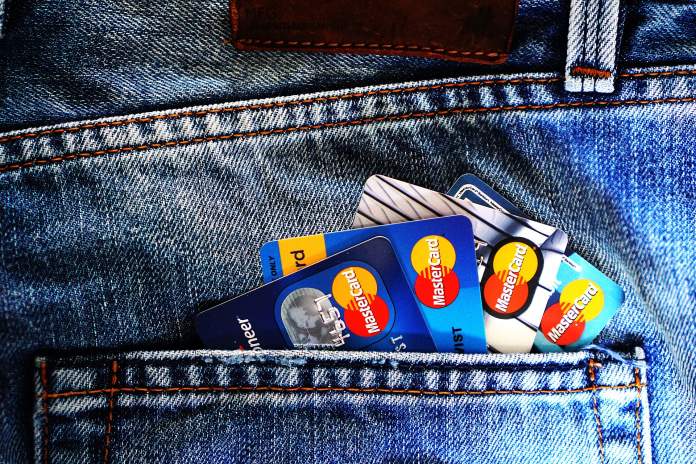Innovations are coming from everywhere, and Mastercard is no exception. Yesterday, the U.S. Patent and Trademark Office published the patent filed by Mastercard for a new method and system for partitioned blockchains and enhanced privacy for permissioned blockchains, making it possible to store multiple transaction types and formats.
According to the filing documents this patent seeks to create a new method that would allow the generation of blocks for a partitioned blockchain including:
storing blocks comprising a partitioned blockchain, wherein each block includes a header and transaction entries; receiving transaction data entries for each of a plurality of subnets; generating a hash value of the header included in the most recently added block; generating a new block header, the new block header including the generated hash value, a timestamp, and a sequence of pairs including a pair for each of the plurality of subnets, each pair including a subnet identifier associated with the respective subnet and a merkle root of each of the transaction data entries received for the respective subnet; generating a new block, the new block including the generated new block header and the transaction data entries for each of the plurality of subnets; and transmitting the new block to a plurality of nodes associated with the partitioned blockchain.
According to Mastercard, the transaction records stored in different blocks are often required to be of the same format and include the same types, and sometimes even sizes, of data. Meaning that when one party wants to use different types of data, is most likely forced to operate many different blockchains at once, which makes the operation a lot more complicated and consumes far more resources than it should.
With the alternative proposed by Mastercard, a partitioned blockchain could solve this issue by enabling a single blockchain to store transaction records for a plurality of different blockchains, reducing the implementation of a plurality of blockchains. Mastercard is currently listed in the third place as one of the companies that have been awarded the most blockchain-related patents right after Alibaba and IBM, with 80 patents.
Although being awarded a patent is no guarantee that the company is actually working or developing the technology in question, Mastercard’s activity proves they’re definitely developing on blockchain to be implemented in their future projects.
















